What is dere?
The term “Dere” refers to a stereotype assigned to many anime characters. Different personal characteristics define each sort of dere’s activities and demeanor.
Dere is an onomatopoeia that means lovey-dovey or lovestruck. Dere type characters express their affection on different levels and in different fashions. Dere is usually descriptive of the way a character reacts to being in love.
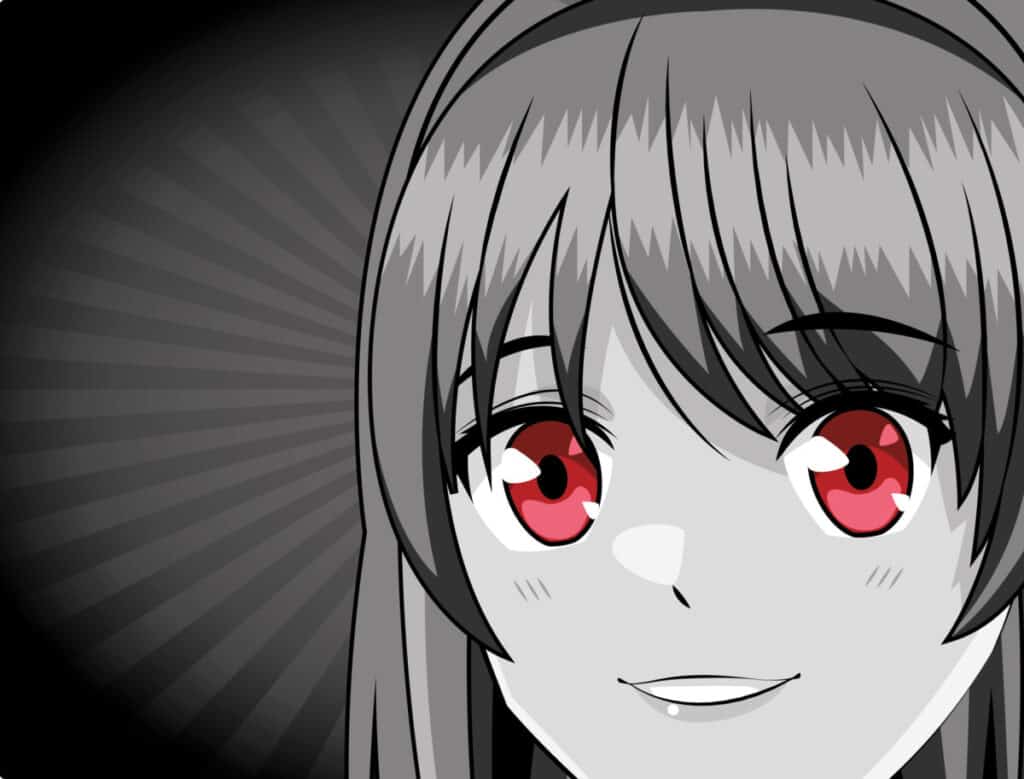
What does dere mean in Japanese?
Dere comes from “deredere” which is an onomatopoeia that means “lovey-dovey” or “lovestruck.”
What types of dere are there?
The types of dere are as various and different as individual personalities and they continue to expand. Some are shy, some are violent, and some are even disturbed. This article will expand on some of the more popular deres.
What are the 4 basic dere-types?
Tsundere, yandere, kuudere, dandere are the 4 most common and basic dere-types. Here are their archetypes:
Tsundere: the base word being tsuntsun, meaning to look away with disgust
This character archetype is hot and cold. The tsundere character may hate a character in the beginning but fall in love with them over time.
Due to the initial hate for their love interest, the tsundere character usually treats their love interest poorly because they don’t know how to process their new feelings.
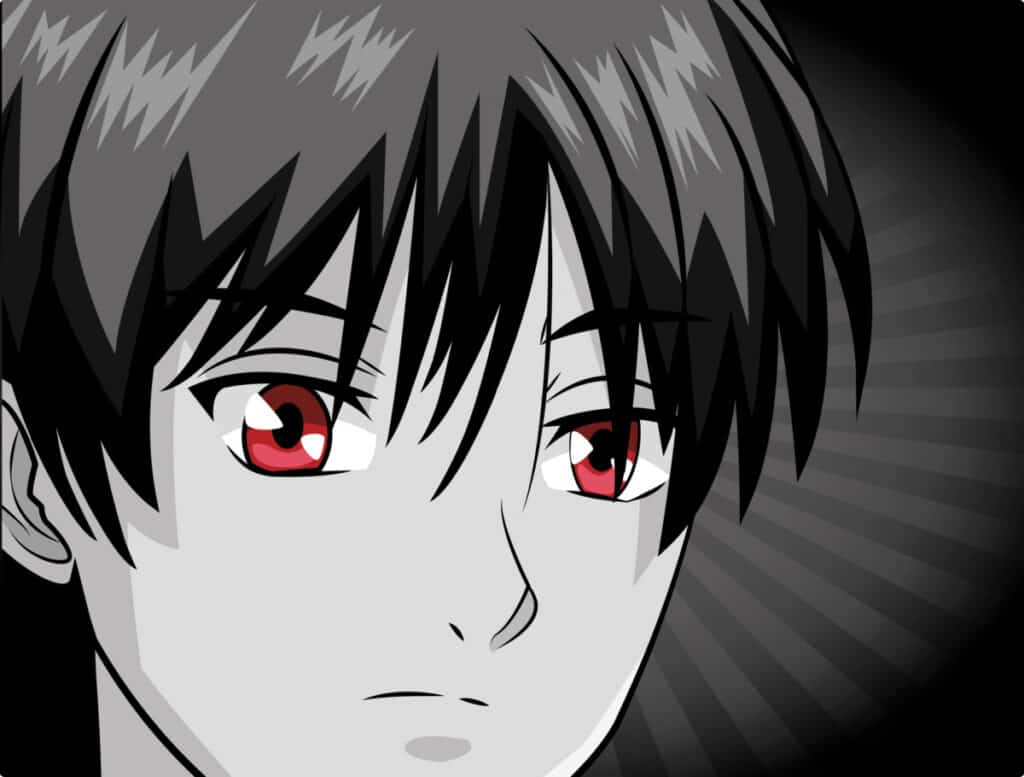
Yandere: the base word being yanderu, meaning emotionally and/or mentally ill
These character archetypes are stalkers of the anime and manga world. They are nice and sweet in the beginning, but over time develop an obsession with their love interest.
If anyone gets close to the love interest of the yandere character, they may be violent towards, or even kill the person they’re jealous of.
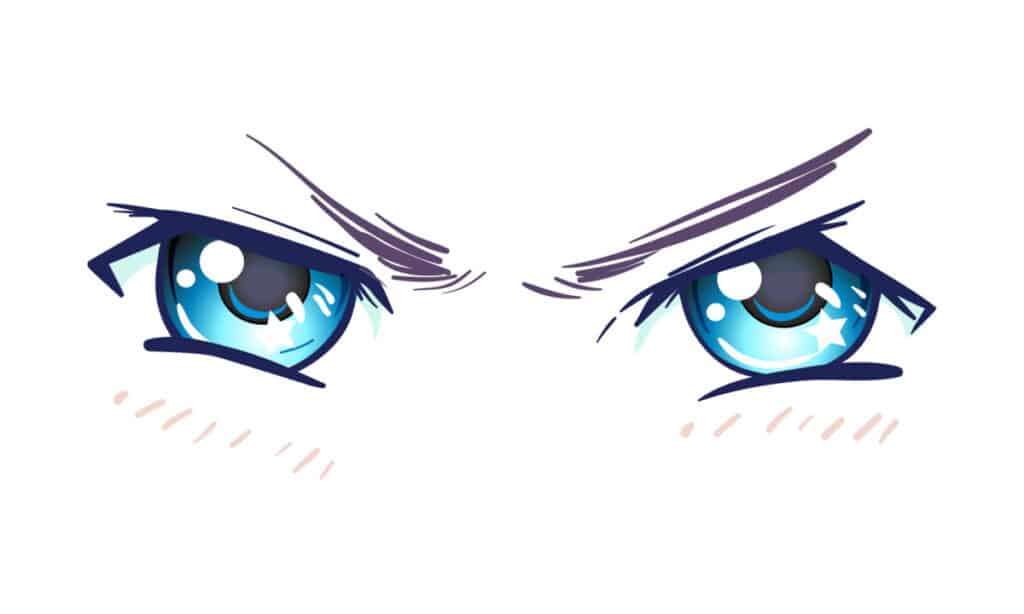
Kuudere: the base word being Kuu, meaning cool
The Kuudere character archetype is a dull and sarcastic character. They’re often cold characters who don’t have much to say.
These characters don’t really show any kind of emotions on the outside, sticking to a cool and nonchalant appearance. However, in private they may show just how caring they truly are, but only to their love interests.
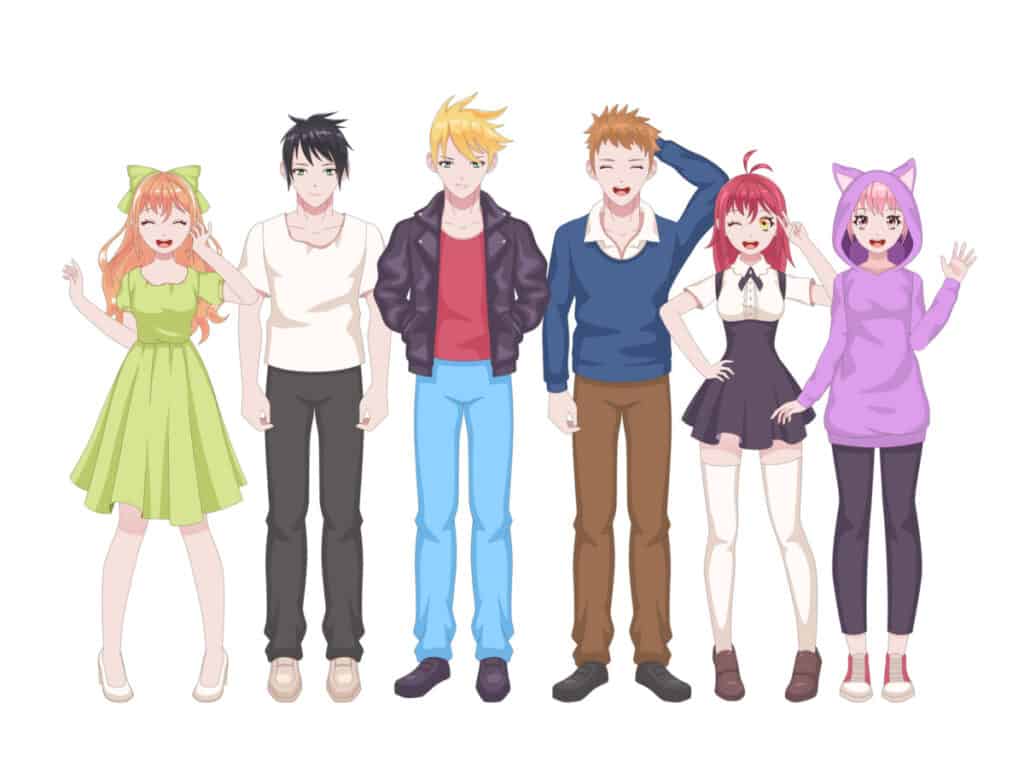
Dandere: the base word being Danmari, meaning silent
A dandere character will typically watch their love interest from a distance. These characters are portrayed as antisocial, but they may just be shy or quiet.
When their love interests are alone with them a dandere character will bloom or come out of their shell to show how they truly feel.
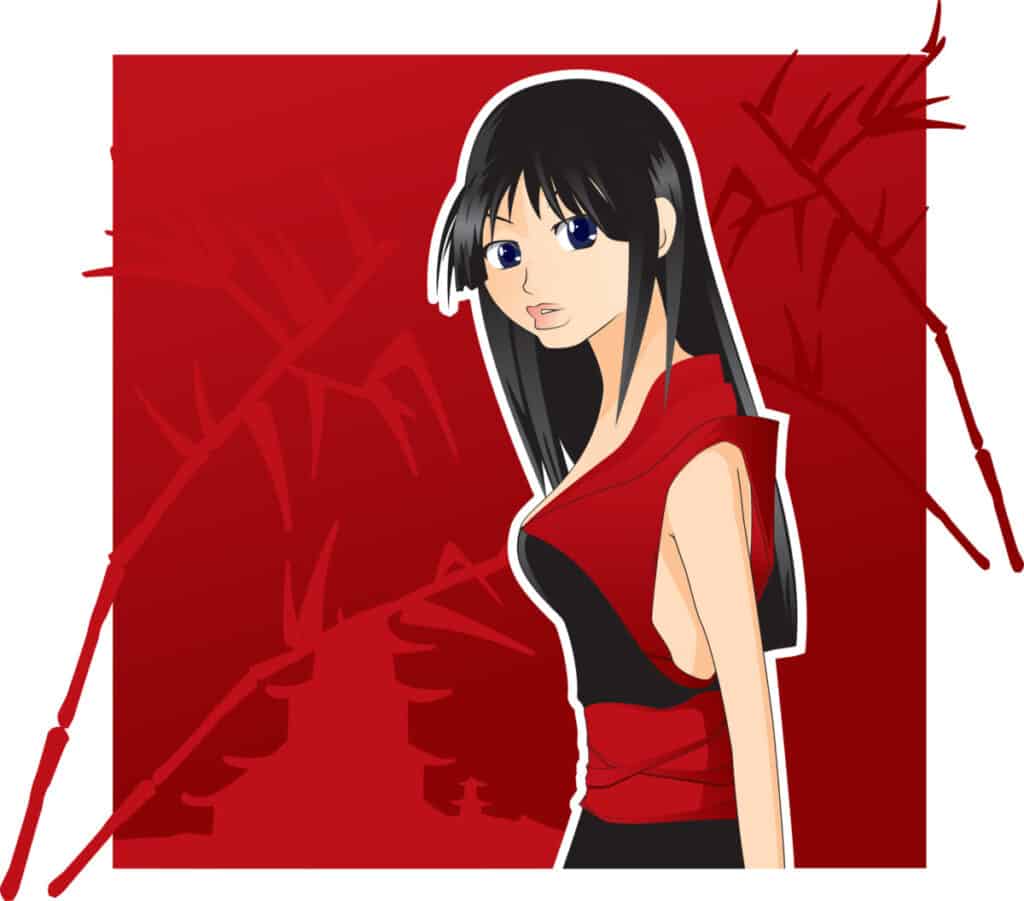
What are the other deres?
There are many deres, and they expand when another archetype becomes prevalent or more common.
The other deres include but are not limited to the following:
Bakadere: the base word being Baka, meaning fool or Stupid
Bakadere type characters are portrayed as having no common sense. This feature often outweighs their other attributes.
These characters are usually innocent and sweet, but they’re clumsy and less than smart. Their affection is often clumsy, yet endearing.
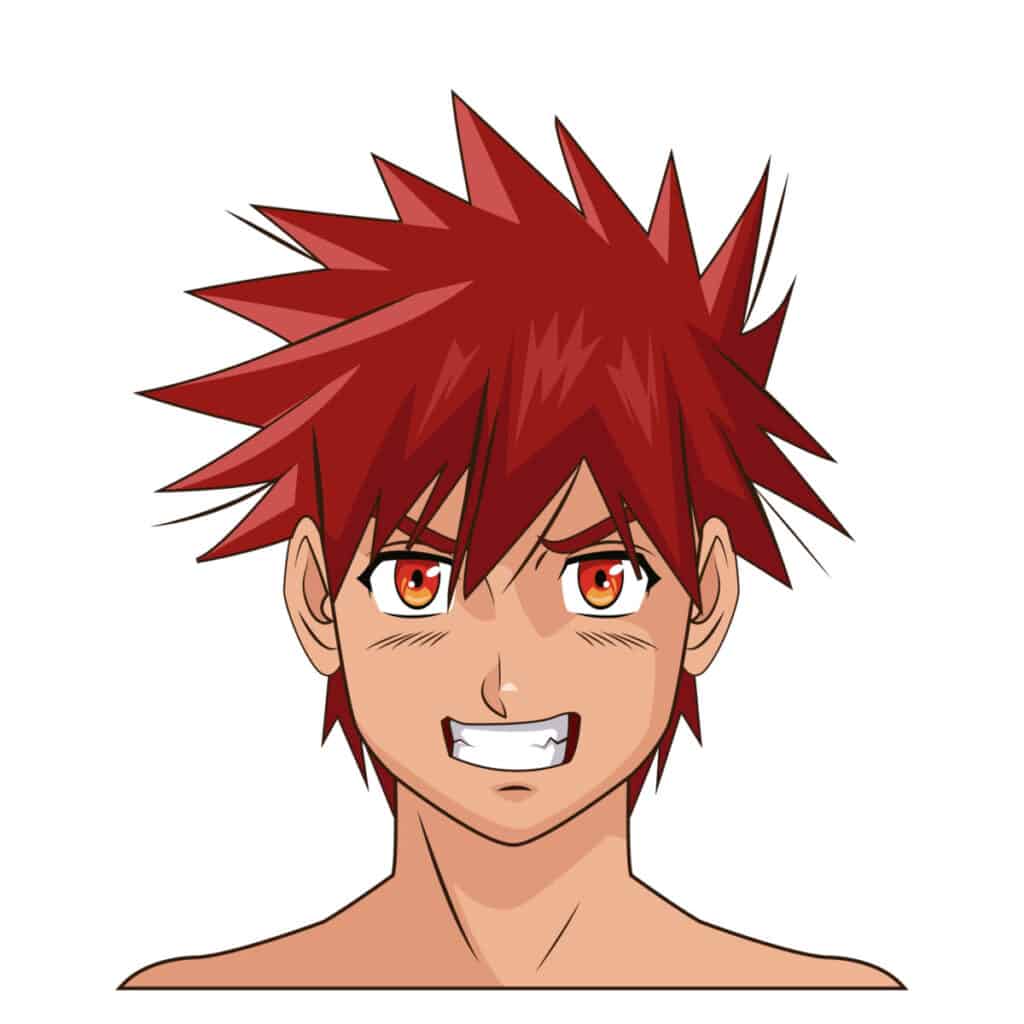
Bodere/boudere: the base word being Bo, meaning to rant
The archetype of a bodere character is shy violence. These characters don’t know how to cope with their feelings because of their shyness and it comes out in a form of violence.
Their shyness and inability to speak to their love interest are frustrating to this character. This usually leads to the character blowing up and having violent outbursts. These characters are known to use their fists instead of their words.
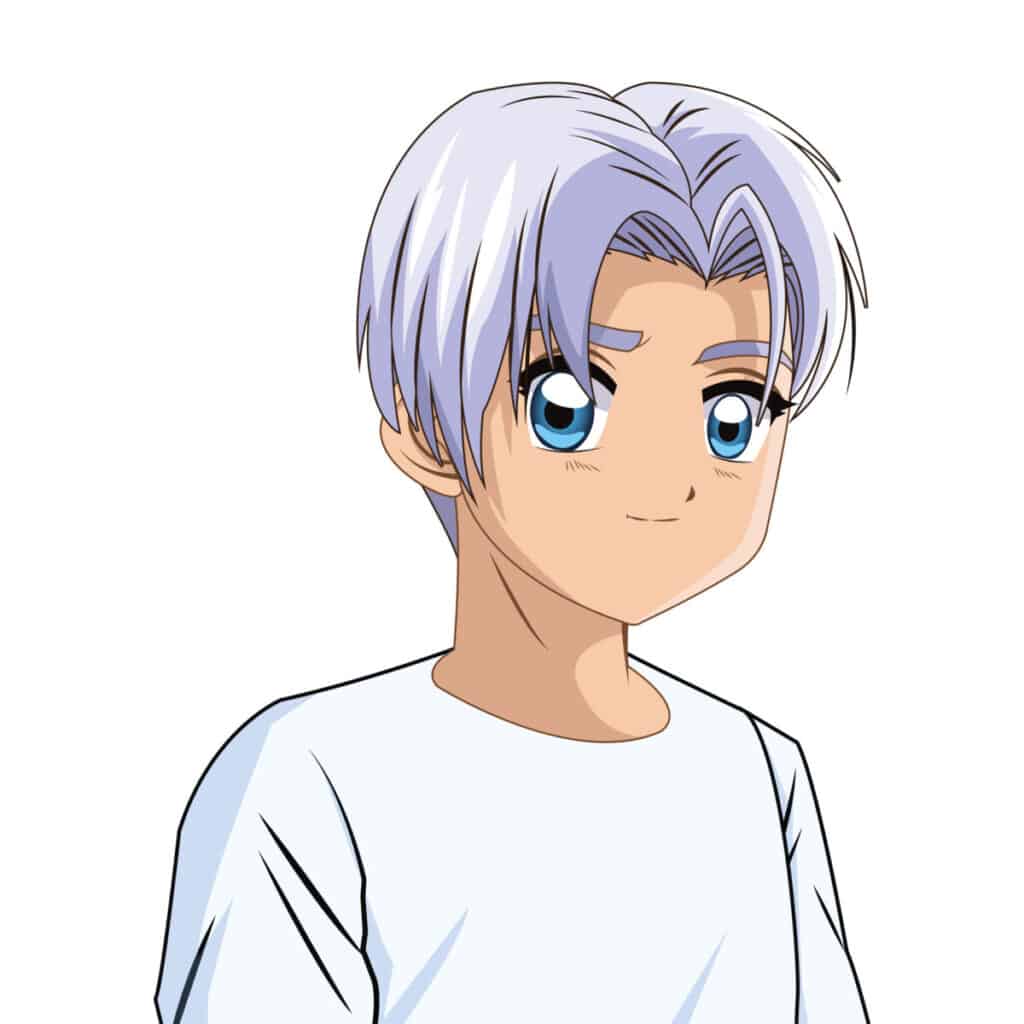
Byoukidere: the base word being Byouki, meaning sick or illness
The character archetype of byoukidere is kind and gentle, but sick. These characters are sometimes hospital patients. They could also be weak or frail characters with big hearts.
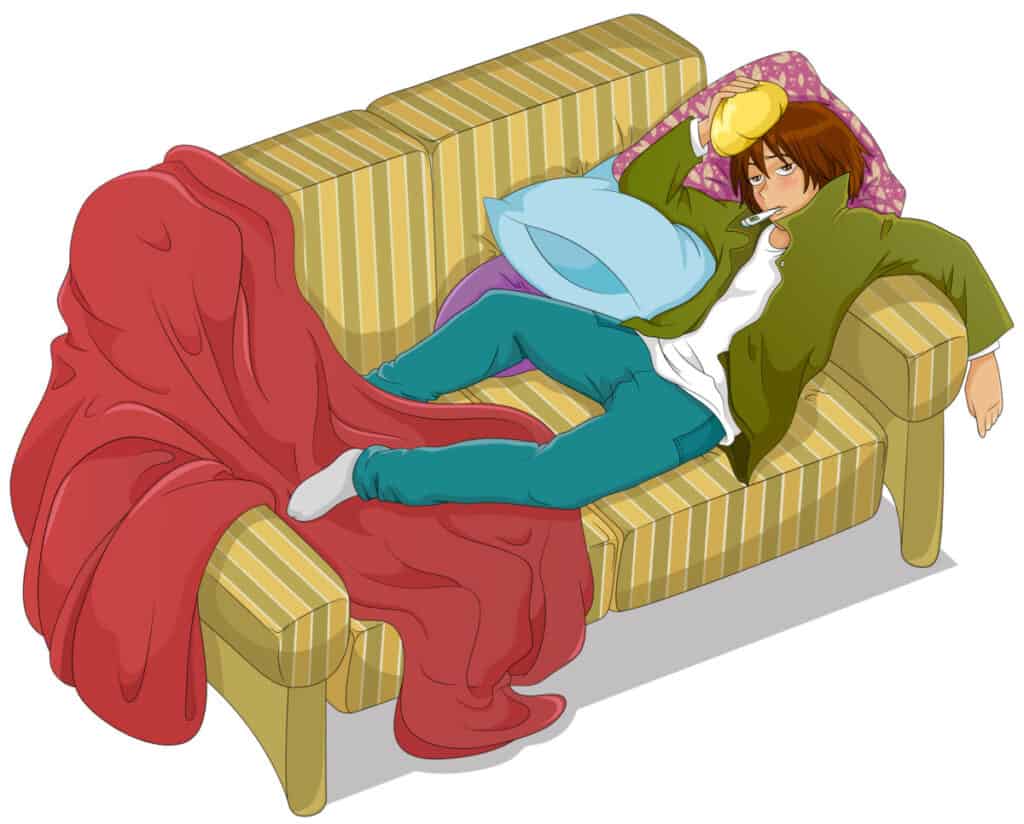
Deredere: the base word being Dere, meaning lovestruck
The deredere archetype is a happy, positive, cheerful, and energetic character who tends to spread joy wherever they roam.
This character is reminiscent of first love, innocent love, and purity.
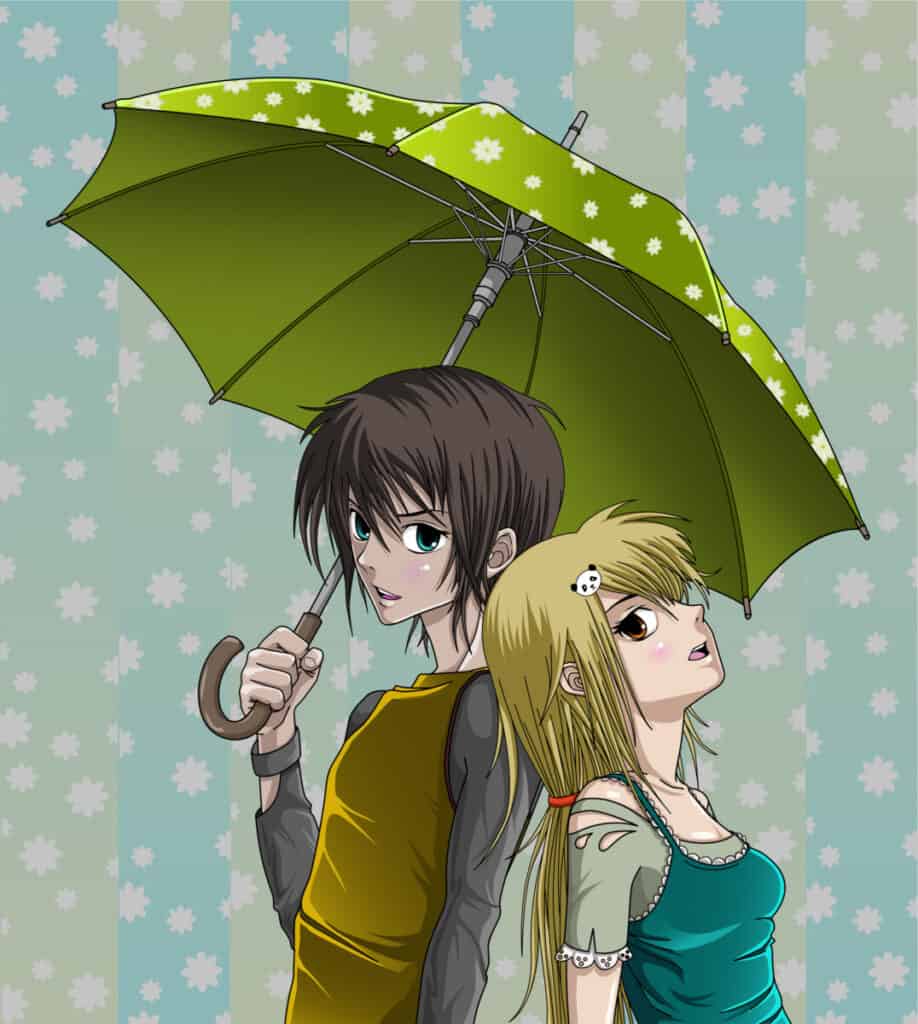
Darudere: the base word being Darui, meaning sluggish
Darudere character archetypes are usually portrayed as always lazy and overly tired.
These types of characters are usually nonchalant and only show how they really feel if it’s required of them. Otherwise, these characters are mostly dull and lazy.
Dorodere/Doredere: base word being Dorodoro, meaning twisted or muddled
A dorodere character archetype will have a creepy persona. They’ll often have a sweet side and appearance, but they are seriously and tragically disturbed, sometimes tied to past traumas.
Another way these characters are portrayed is that everything they say makes them seem even more unstable.
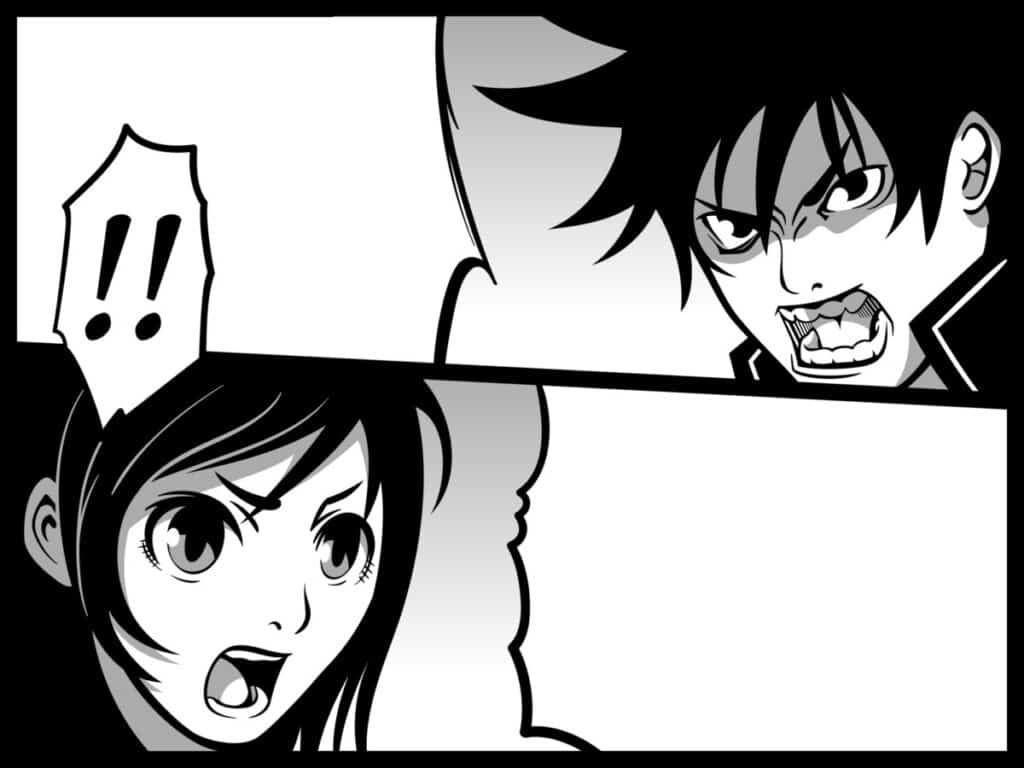
Erodere: base word being Eroi, meaning erotic
An erodere character archetype is one who is directly and explicitly sexual, dirty characters who are suggestive.
These characters will become more pure, shy, and embarrassed when in love. They may even become ashamed of their sexual pursuits after they find romantic love.
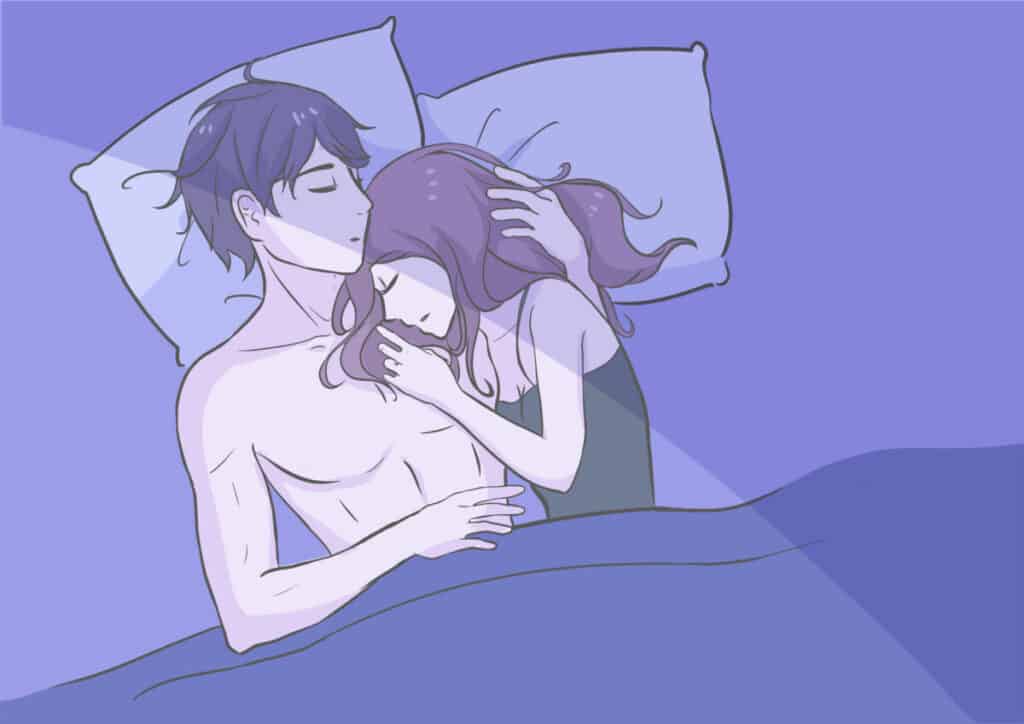
Goudere: base word being Gougou, meaning boisterous
These characters often pursue their goals relentlessly, and they may even try to help their love interest achieve whatever they want to, even if that’s forcing others to do things to make the love interest happy.
The goudere character archetype is usually perfectionist in nature, sometimes even seen as relentless.
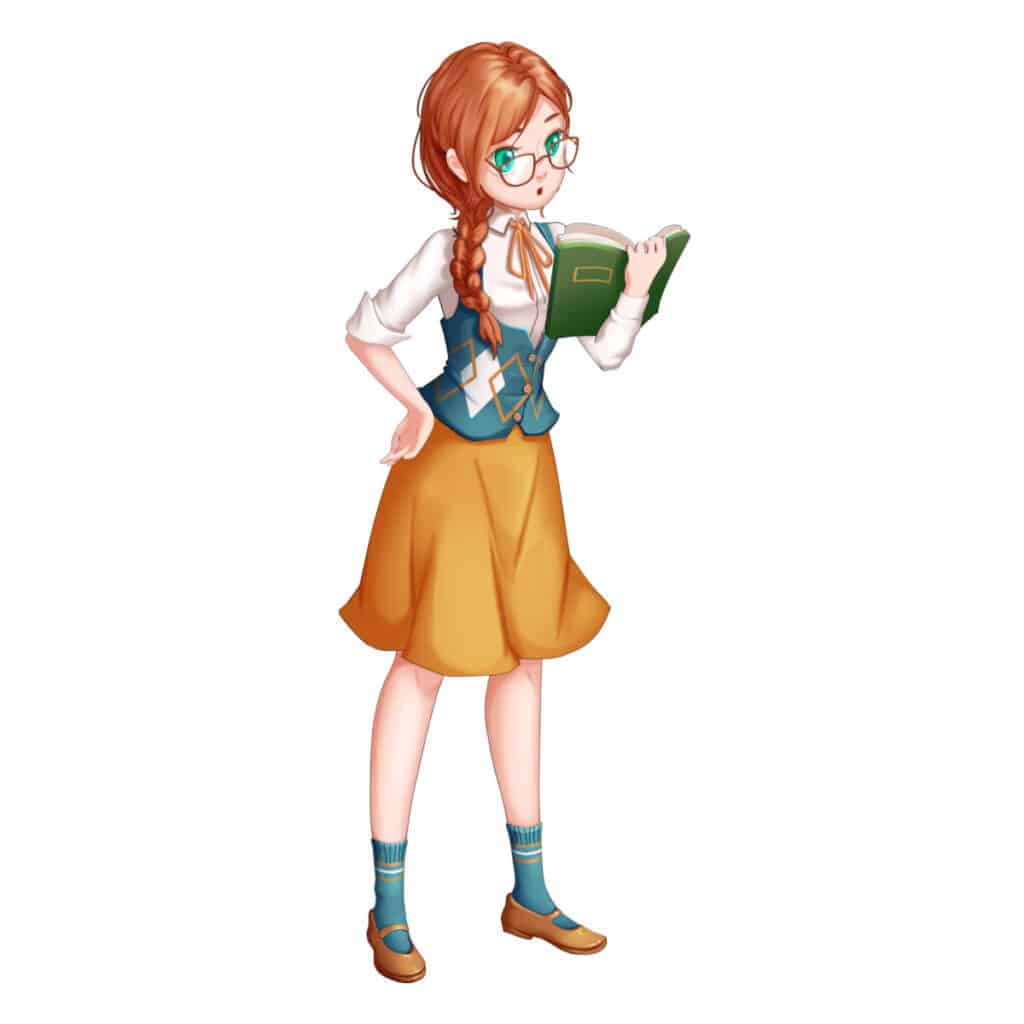
Hajidere: base word being Haji, meaning embarrassment
The characters representing the hajidere character archetype will be nervous and embarrassed around their love interests.
These characters will blush and become flushed in the presence of their love interests. They may become so nervous in front of their love interest they could faint.
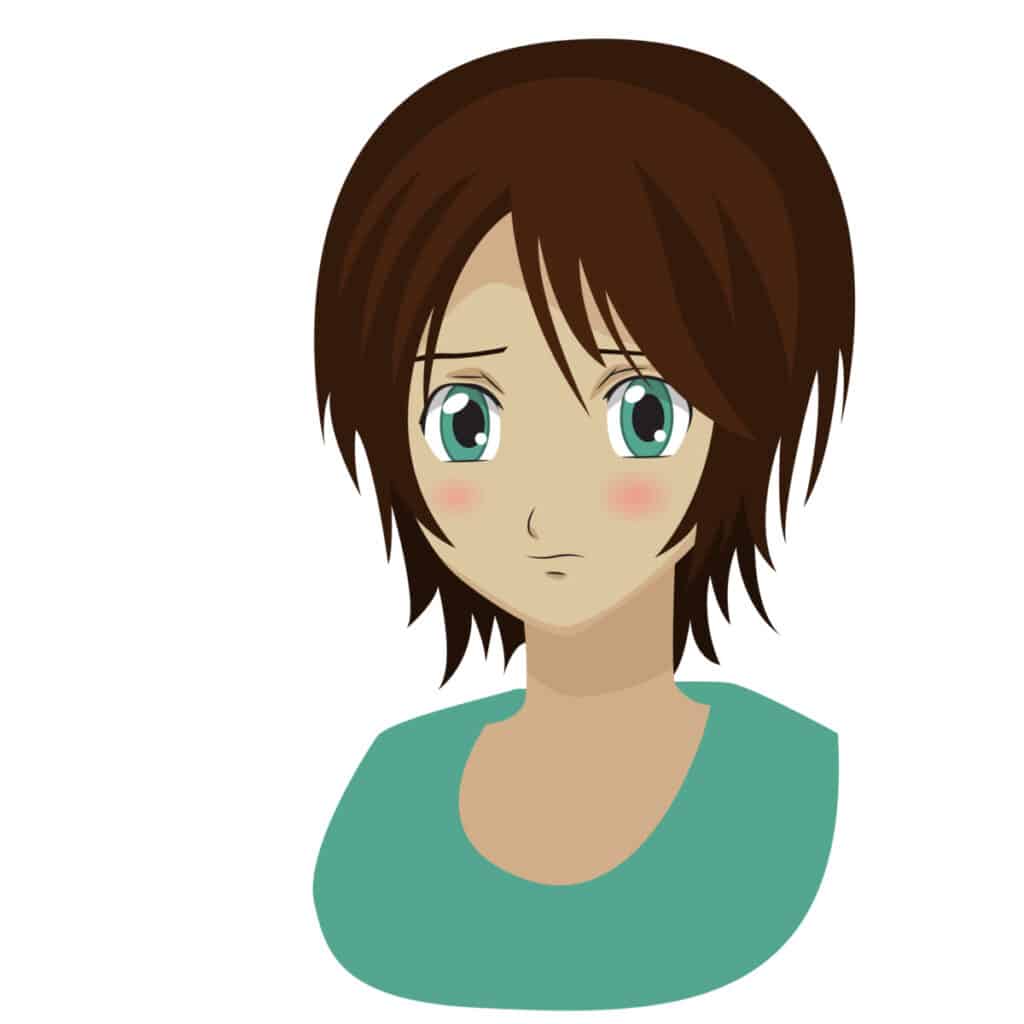
Himedere: base word being Hime, meaning princess
These characters are usually found in comedic animes, although they may be found in more serious anime as well. Usually, these characters expect those they come in contact with to treat them like royalty, even if they are not.
This need to be treated as royalty may stem from insecurities or psychic conflicts. They will require their love interests to treat them like princesses.
Hinedere: base word being Hine, meaning twist
The hinedere character archetype is a cynical one. They may appear coldhearted and arrogant, even to their love interest. They may also seem aloof.
The only way to see their inner soft and caring nature is for their love interest to break down their outer layer or wall. Then, they’ll be willing to share their sweet side with their love interest.
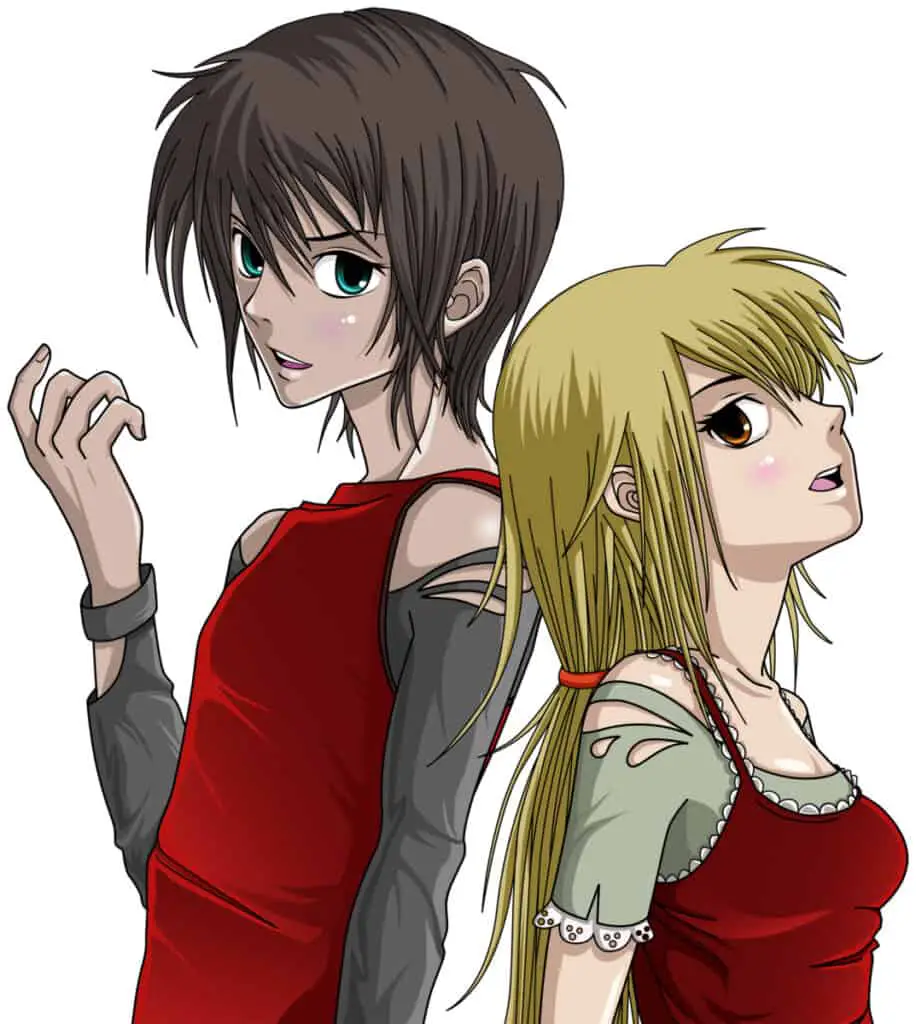
Hiyakasudere: base word being hiyakasu, meaning to banter, tease, or make fun of
The archetype hiyakasudere will flirt and tease with their love interests or anyone who catches their eye in a seductive and playful way. They may have a desire to be treated highly and superior.
Kamidere: base word being Kami, meaning god
The kamidere archetype will require that their love interests treat them like they’re a god, and they probably believe they are or have god-like qualities.
These characters will be proud and arrogant creatures that care more about their own personal opinions than anyone else’s. These characters speak whatever comes to mind and like to prove that they’re right.
Kanedere: base word being Kane, meaning money
The characters represented under the kanedere archetype would be considered the gold-diggers of anime and manga.
A kanedere character is attracted to money or status, and anyone who has it. Their love interests will have money and/or status, preferably both.
Kichidere: base word being Kichigai, meaning crazy in an offensive way, especially to mentally ill peoples
The characters represented by the kichidere archetype are portrayed with two completely different sides. They have a crazy and demented side in general, but a loving and pure side for their loved ones.
This archetype is little used or mentioned in Japanese literature because of its offensive meaning.
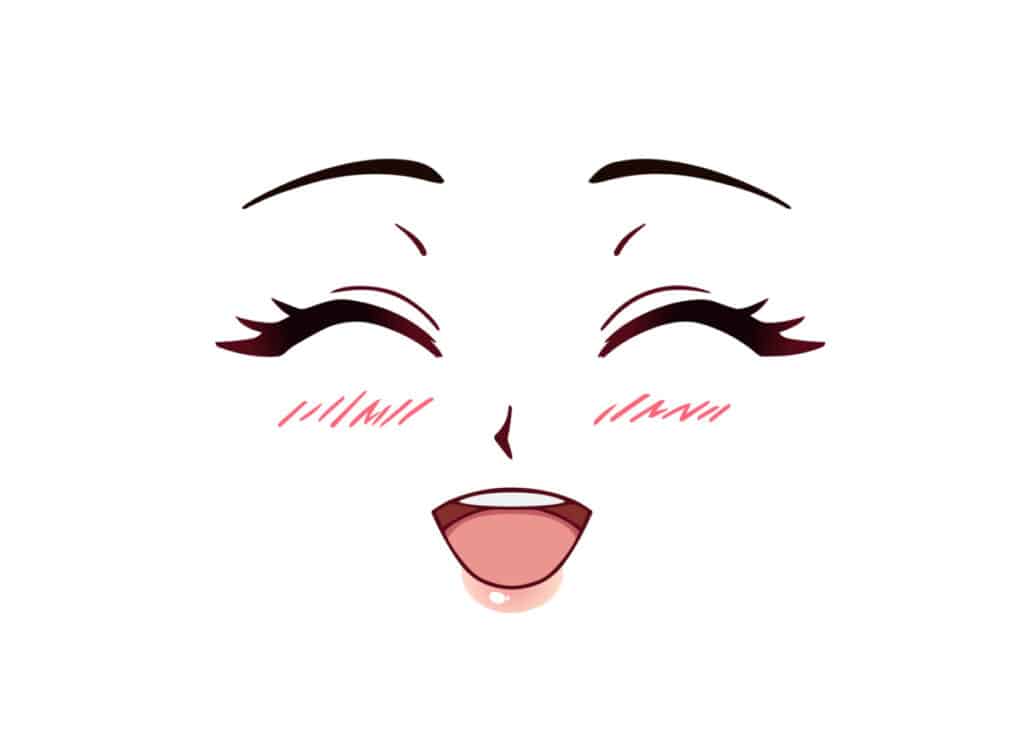
Mayadere: base word being Mayakashi, meaning counterfeit, fake, or deception. Base word may also be derived from Ma yaka su, meaning to cheat, swindle, or deceive
Mayadere archetypes are usually antagonists. These characters may fall in love with the protagonist or otherwise good character, but they’re willing to kill their love interest if they feel betrayed.
Occasionally a mayadere character will switch sides, forcefully or by choice, before deceiving their love interest.
It’s also possible that the mayadere character type will fall in love with a good character or the protagonist and let them win. They may even switch sides and transform into a different archetype.
Nyandere: base word being Nyan, meaning meow, or being the sound that a cat makes
A character of the nyandere character archetype is cat-like in nature and may increase these attributes as they fall in love.
Typically a nyandere character will add nyan to their sentences. Sometimes these characters will even be part cat, part human.
“Nya” is something they may say to express their love to their love interests.
Oujidere: base word being Ouji, meaning prince
The oujidere archetype is akin to the female counterpart Himedere. These characters expect those around them, including their love interests to treat them like royalty, even if they are not.
These characters are often arrogant and bossy. They won’t hesitate to give orders, put themselves first, and speak their mind.
Sadodere: base word being Sadist, meaning taking pleasure in others’ pain and/or humiliation
These archetypes are manipulative and sadistic. These characters are often known to play with the emotions of those around them, including their love interests.
The sadodere love to see others’ humiliation and pain, even teasing their love interests to embarrassment. They will even harm or murder their love interests to feel good.
Shundere: base word being Shun, meaning melancholy or sadness
The character archetype of shundere is gloomy by default. These characters are always sad or depressed for one reason or another. The only person they may talk to would be their love interest.
Undere: base word being Un, a simple way of saying yes in Japanese
A character who almost exclusively says yes to anything their love interests suggests falls into the undere archetype.
Utsudere: base word being Utsu, meaning depression
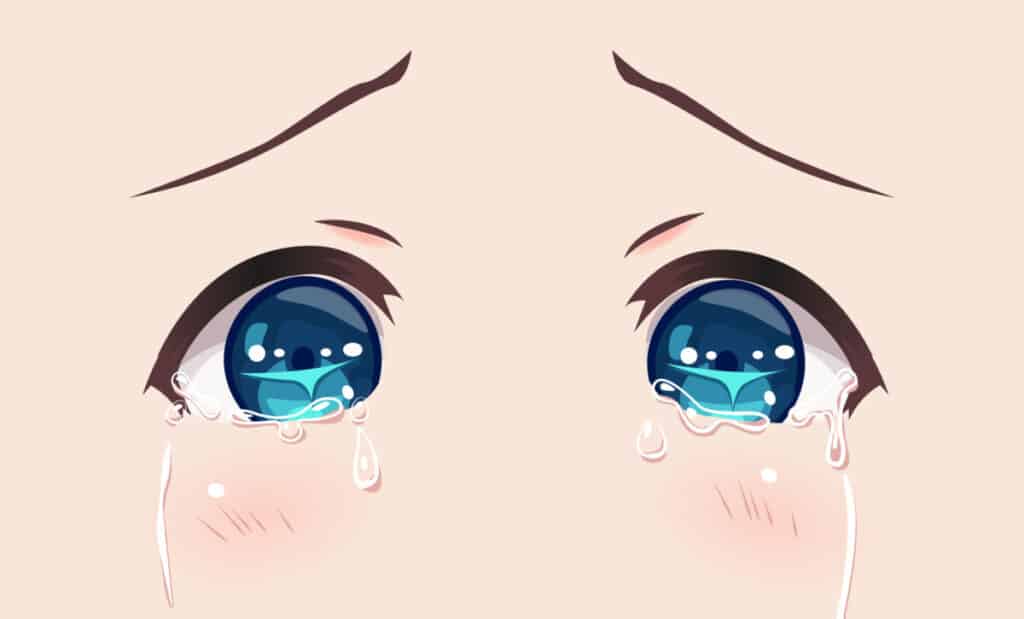
The utsudere character usually faces hardship which causes their depression and sadness. Even if the situation improves, they often have lingering trust issues and question others’ motives.










